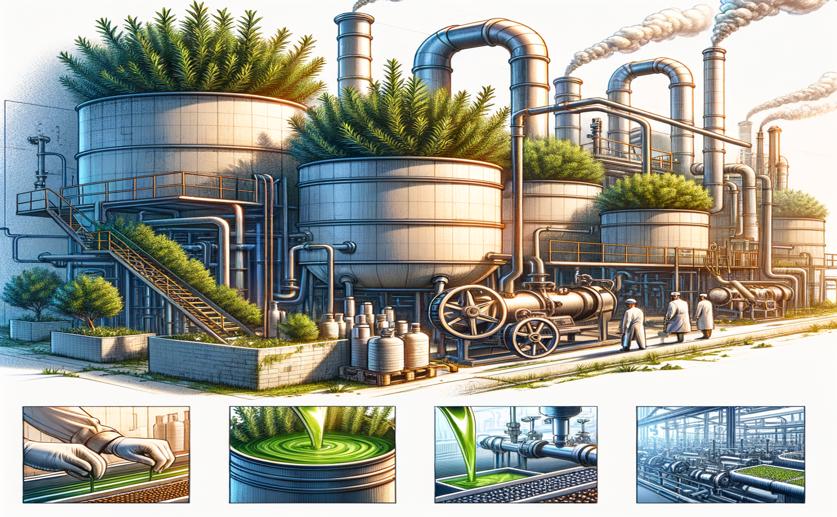
Eco-Friendly Ways to Prevent Scale Build-Up in Factories Using Rosemary Extract
Jenn Hoskins
22nd August, 2024

Image Source: Natural Science News, 2024
Key Findings
- Researchers at Ibn Zohr University, Agadir, Morocco, found that rosemary leaf extract can effectively prevent calcium carbonate buildup in industrial systems
- The extract works at a low concentration of 54 mg/L, making it more efficient than many traditional chemical inhibitors
- The study showed that rosemary compounds change the shape and structure of calcium carbonate crystals, preventing their growth
SustainabilityBiochemPlant Science
References
Main Study
1) Green and sustainable strategies to control scaling in industrial plants: investigation of the efficacy of Rosmarinus officinalis L. Extract against CaCO3 scale using experimental and theoretical approaches.
Published 21st August, 2024
https://doi.org/10.1080/09593330.2024.2391074
Related Studies
2) Study of scaling problem in the region of tata (Morocco): Analysis of the elemental composition, crystalline phases, and morphologies of scale deposition in water installations.
3) Relationship between the antioxidant capacity and effect of rosemary (Rosmarinus officinalis L.) polyphenols on membrane phospholipid order.
4) Antimicrobial and antioxidant properties of rosemary and sage (Rosmarinus officinalis L. and Salvia officinalis L., Lamiaceae) essential oils.
Journal: Journal of agricultural and food chemistry, Issue: Vol 55, Issue 19, Sep 2007



 7th June, 2024 | Jenn Hoskins
7th June, 2024 | Jenn Hoskins